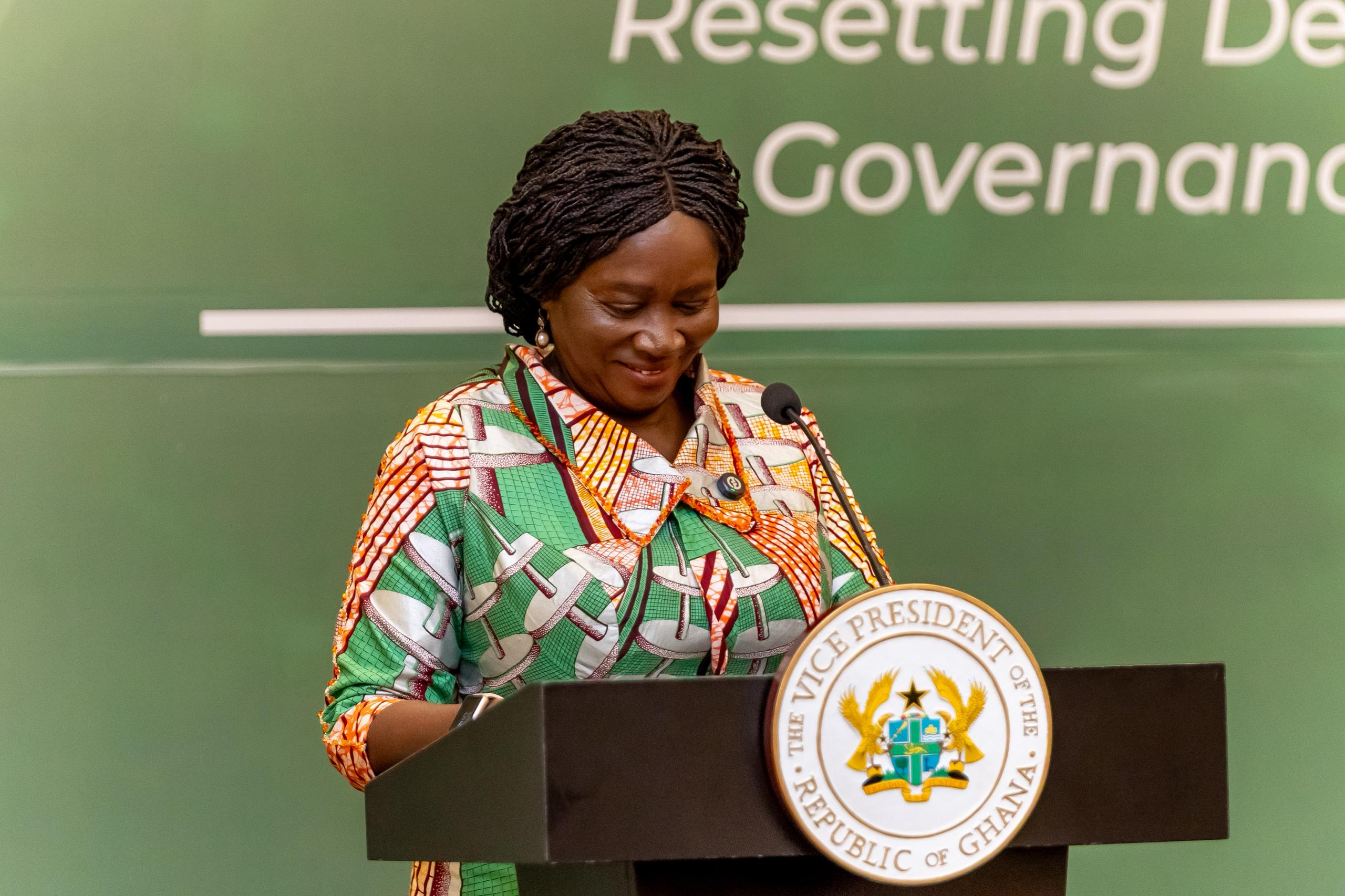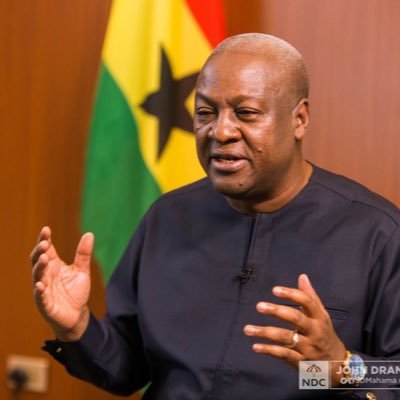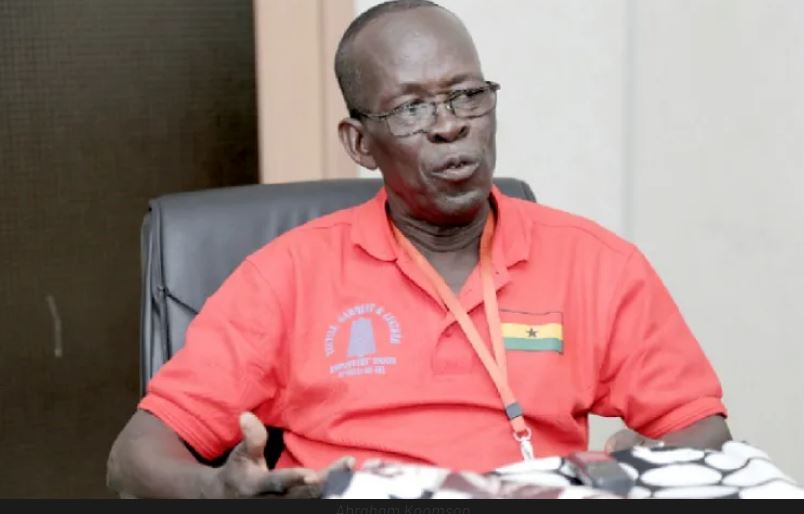Vice President Professor Naana Jane Opoku-Agyemang has reaffirmed government’s determination to strengthen local governance through a Bold Reset Agenda, which she described as the next phase of Ghana’s decentralisation journey.
Speaking at the maiden National Dialogue on Decentralisation and Responsive Governance in Accra, the Vice President stressed that Ghana cannot build a capable state without functional and ethical local governments.
“Each of us lives within a local assembly. For government to be meaningful, it must reach the homes, the schools, and the health centres in our districts,” she said.
She disclosed that over GHS 2 billion has already been disbursed through the District Assemblies Common Fund (DACF) to support development projects nationwide.
According to her, these investments demonstrate government’s resolve to ensure decentralisation delivers tangible changes citizens can see and feel in their communities.
But she noted that funding alone is insufficient. “We must ensure that our interventions are guided by evidence, and that citizens have a stronger say in the setting of priorities,” she added, citing Uganda’s success in linking fiscal transfers with citizen monitoring committees to improve education and health outcomes.

As part of the Reset Agenda, the Vice President outlined four priorities: increasing allocations to the District Assemblies Common Fund (DACF) to strengthen service delivery, moving toward the election of Metropolitan, Municipal, and District Chief Executives (MMDCEs) to deepen democracy, supporting assemblies to boost internally generated funds, and leveraging local resources to attract private investment and partnerships.
“These measures will ensure that the next time a child enters a classroom, a farmer seeks extension support, or a mother visits a health centre, they will truly feel the presence of government in their community,” she explained.
The Vice President said the ongoing National Decentralisation Policy and Strategy (2026–2030) will provide the framework for these reforms.
She called on stakeholders to enrich the policy with practical inputs to ensure it becomes more than words on paper.
The two-day dialogue, hosted by the Inter-Ministerial Coordinating Committee on Decentralisation (IMCCoD), has brought together government officials, traditional leaders, civil society, the private sector, and development partners.
Discussions are focusing on fiscal decentralisation, local economic development, service delivery, citizen participation, and cross-cutting themes including gender, youth, and climate change.
Source: myxyzonline.com/Akora Kofi Darko





